- Who can take part in the study?
You may be able to take part if you:
- Are aged 18 or over
- Have been diagnosed with frontotemporal dementia (FTD) or are being investigated for suspected FTD
- Have someone (like a family member or friend) who knows you well and can answer some questions about you.
We are also looking for healthy volunteers of similar ages to participate as comparison participants.
- What does taking part involve?
Participation involves:
- A blood test (one-time only)
- Some thinking and memory tests (which can be repeated annually for up to 3 years if you choose)
- Questionnaires for you and your informant to complete
- If you have had brain scans as part of your normal care, we may ask permission to access these
- Total time: About 40-60 minutes for your first visit, and 30-40 minutes for any follow-up visits.
- Where does the study take place?
The study takes place at multiple NHS sites across the UK. You can participate at whichever location is most convenient for you. Travel expenses can be reimbursed according to local site policy.
- Do I need to have a confirmed diagnosis of FTD to take part?
No, you can participate if you are currently being investigated for suspected FTD, even if the diagnosis isn't yet confirmed.
- What happens to my blood samples?
Your blood samples will be analyzed to look for markers of inflammation and other factors that might be important in FTD. Some samples will be stored securely for future research. All samples are coded and stored without your name or personal details attached.
- Is the study confidential?
Yes, all information collected about you during the study is kept strictly confidential and your data will be stored securely accordingly to good clinical practice and GDPR.
- How will this research help people with FTD?
This research aims to:
- Develop better blood tests for diagnosing and monitoring FTD
- Understand how inflammation affects different people with FTD
- Help develop new treatments that target inflammation
- Make research more accessible to people from diverse backgrounds and communities
- Fostering new collaborations for faster progress in FTD research.
- Can I withdraw from the study?
Yes, you can withdraw from the study at any time without giving a reason. This will not affect your medical care in any way.
- Will I be paid to take part?
While there is no payment for taking part, we can reimburse reasonable travel expenses for study visits according to local site policy.
- How can I find out more?
You can:
- Ask your doctor or healthcare team about the study
- Contact the study team at ONFIRE@medschl.cam.ac.uk
- Who can be my informant?
Your informant can be a friend, relative, or a paid carer.
Frequently asked questions
For Participants
For Research Sites and Recruiters
- What is the minimum commitment required from a site?
Each site needs to recruit at least 1 patient and 1 healthy control. The study involves a one-time blood sample and annual cognitive assessments for up to 3 years.
- We don't see many FTD patients - can we still participate?
Yes! We welcome sites with varying patient populations. The study aims to include diverse healthcare settings across the UK, including both specialist and non-specialist centers.
- What support is provided to participating sites?
The central team provides all necessary documentation, database access, and ongoing support. We handle the complex laboratory analysis centrally.
- How do we express interest in participating?
Use the "Contact Us" button in the main menu to send us any queries or show interest, or otherwise email us directly at onfire@medschl.cam.ac.uk. We are happy to arrange a call to answer any questions.
- Is funding available for sites?
Please contact the study team to discuss current funding arrangements and support available for participating sites.
- What are the benefits of joining?
- Contribute to important FTD research
- Join a national research network
- Access to shared resources and expertise
- Opportunity for research collaborations
- Make research more accessible to your local community




